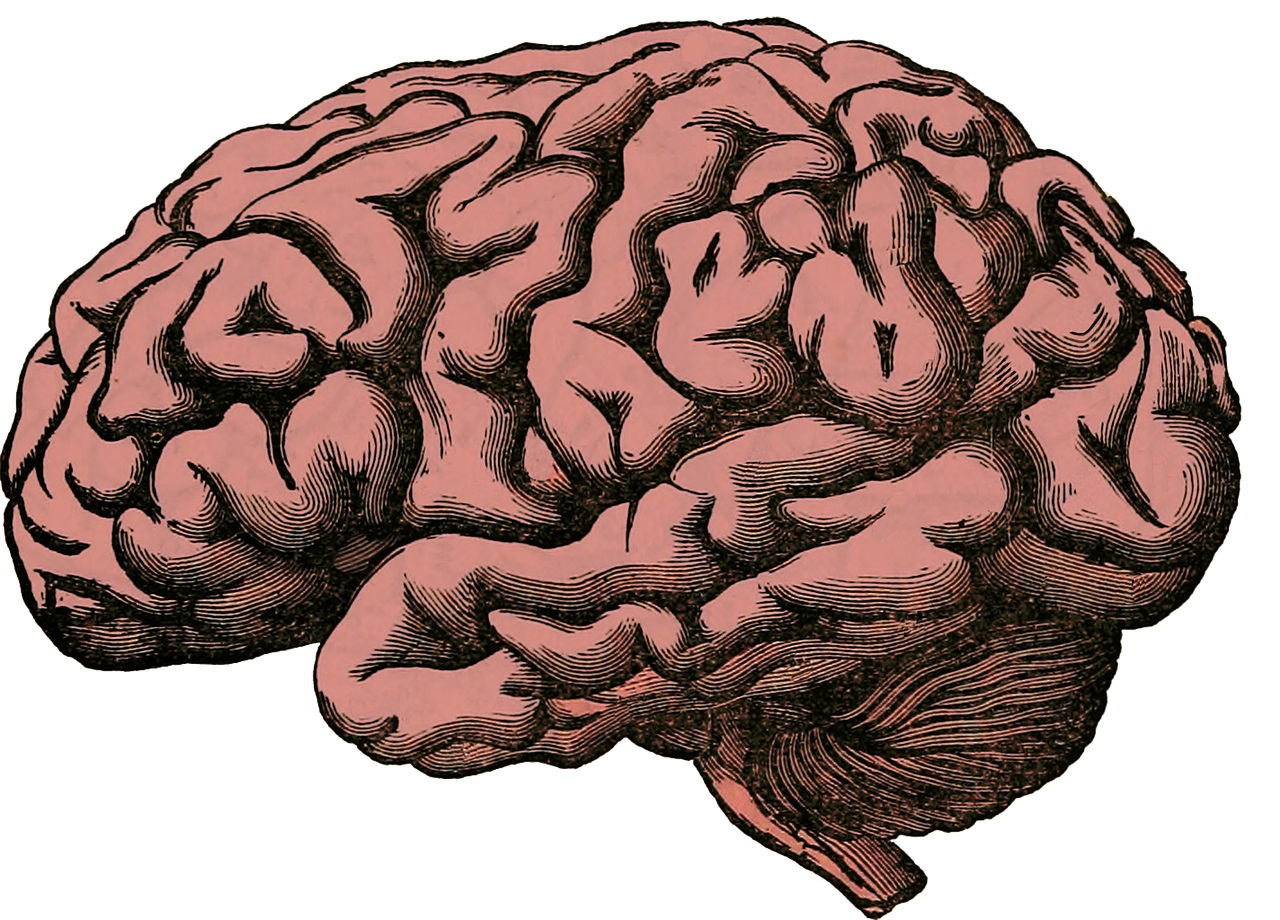News release
From:
Obesity impairs brain responses to nutrients
Brain responses to specific nutrients are diminished in individuals with obesity and are not improved after weight loss, according to a study involving 60 participants published in Nature Metabolism. The findings suggest that long-lasting brain adaptations may take place in individuals with obesity, which could affect eating behaviour.
Feeding behaviour is a result of the integration of complex metabolic signals that travel from the gut, other organs and the circulation to the brain, and back, in order to trigger sensations of hunger and satiation and the motivation to look for food. While these processes are starting to be better understood in animal models, including in the context of metabolic diseases such as obesity, much less is known about what happens in humans, given the difficulty in designing experimental setups in the clinic that could shed light on to these mechanisms.
Mireille Serlie and colleagues designed a controlled trial consisting of infusing specific nutrients (either lipids or carbohydrates) directly into the stomachs of 30 participants with a healthy bodyweight (defined as a BMI of 25 kg/m2 or below) or 30 individuals with obesity (a BMI of 30 kg/m2 or above), while simultaneously measuring their brain activity through functional MRI and SPECT. While the participants with a healthy bodyweight displayed specific patterns of brain activity and dopamine release (associated with positive sensations) after nutrient infusion, these responses were blunted in participants with obesity. Moreover, 10% body weight loss (following a 12-week diet) was not sufficient to restore these responses in individuals with obesity, suggesting long-lasting brain adaptations occur in the context of obesity and remain even after weight loss is achieved.
In an accompanying News and Views, Mary Elizabeth Baugh and Alexandra DiFeliceantonio write that, “Given the ubiquity of weight regain after behavioral weight loss, this study also provides a fertile foundation for future work to explore how gut–brain axis signalling may influence weight loss maintenance and weight regain.”



 International
International



